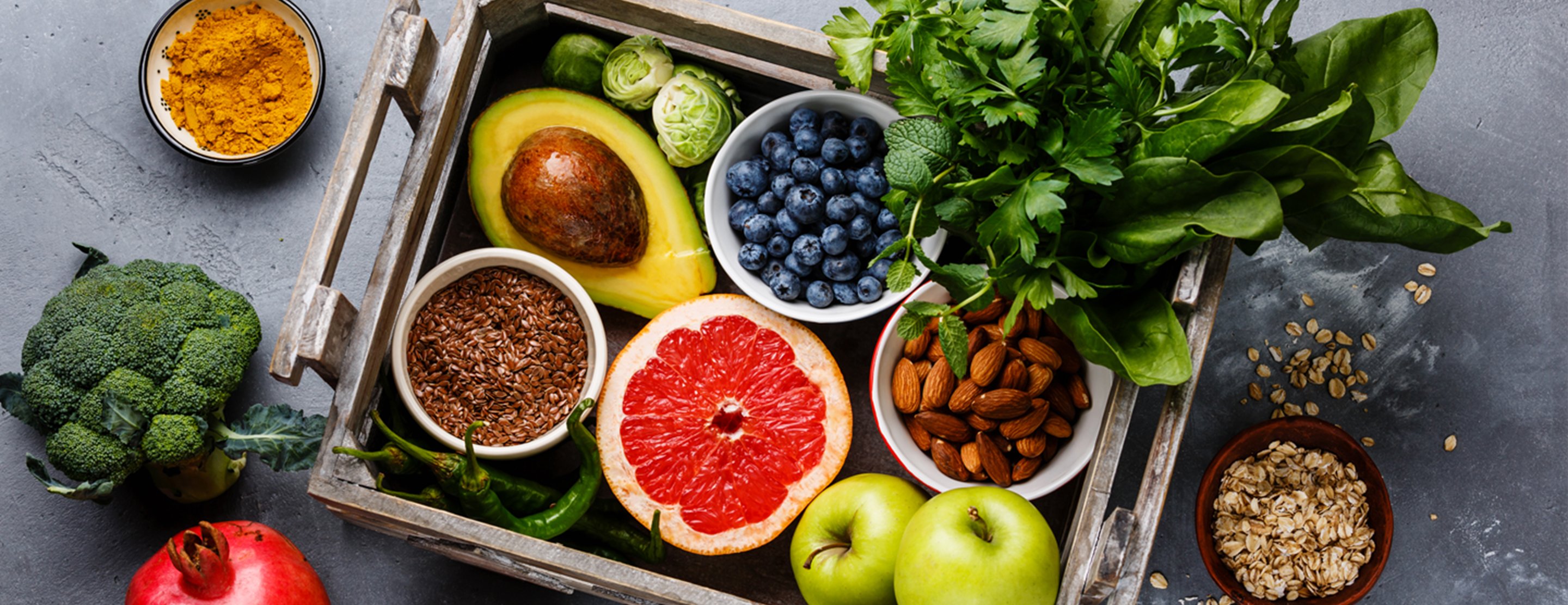In recent years, there has been a significant shift in people’s attitudes towards food. With increasing awareness of the importance of health and wellness, there has been a surge in the popularity of health foods. What were once considered niche products are now becoming mainstream staples in many households. This article explores the evolution of health food, highlighting some recommended options for those looking to enhance their well-being through their dietary choices.

The Rise of Organic Foods
Organic foods have gained immense popularity in recent years, and for good reason. With consumers becoming more conscious of the potential health risks associated with pesticides and genetically modified organisms (GMOs), there has been a growing demand for organic alternatives. These foods are produced without synthetic pesticides, fertilizers, or other harmful chemicals, making them a safer and more nutritious option for consumers. From organic fruits and vegetables to dairy products and grains, there is a wide range of organic options available to suit every taste and preference.
Nutrient-Dense Options for Optimal Health
Superfoods have become synonymous with health and vitality in recent years, and for good reason. These nutrient-dense foods are packed with vitamins, minerals, antioxidants, and other essential nutrients that are beneficial for health and well-being. From leafy greens like kale and spinach to berries, nuts, seeds, and ancient grains like quinoa and amaranth, there is no shortage of superfoods to choose from. Incorporating these nutrient-rich ingredients into your diet can help boost energy levels, support immune function, and promote overall health and vitality.
A Shift Towards Vegan and Vegetarian Options
With growing concerns about the environmental impact of animal agriculture and the ethical treatment of animals, many people are choosing to embrace plant-based diets. Vegan and vegetarian foods are not only better for the planet but can also offer numerous health benefits. Plant-based diets are rich in fiber, vitamins, minerals, and antioxidants, and have been linked to a reduced risk of chronic diseases such as heart disease, diabetes, and certain types of cancer. Whether you’re looking for meat alternatives like tofu and tempeh or plant-based staples like beans, lentils, and chickpeas, there are plenty of delicious and nutritious options to explore.
Foods with Added Health Benefits
Functional foods are those that offer additional health benefits beyond basic nutrition. These foods often contain added ingredients such as probiotics, prebiotics, omega-3 fatty acids, or other bioactive compounds that can support various aspects of health and well-being. Examples of functional foods include fortified dairy products, omega-3 enriched eggs, probiotic-rich yogurt, and beverages like kombucha and green tea. Incorporating these functional foods into your diet can help support digestive health, immune function, cognitive function, and overall vitality.
The Importance of Quality and Conscious Consumption
In addition to choosing the right types of foods, mindful eating is also about how we consume them. Taking the time to savor and appreciate each bite, paying attention to hunger and satiety cues, and being mindful of portion sizes can all contribute to a healthier relationship with food. By focusing on quality over quantity and making conscious choices about what and how much we eat, we can better support our health and well-being in the long term.
Conclusion
The world of health food is vast and diverse, with a wide range of options to suit every taste and dietary preference. Whether you’re looking to embrace organic foods, incorporate more superfoods into your diet, explore plant-based alternatives, or discover the benefits of functional foods, there are plenty of delicious and nutritious options to choose from. By making informed choices about what we eat and how we eat it, we can take meaningful steps towards improving our health and well-being for years to come.